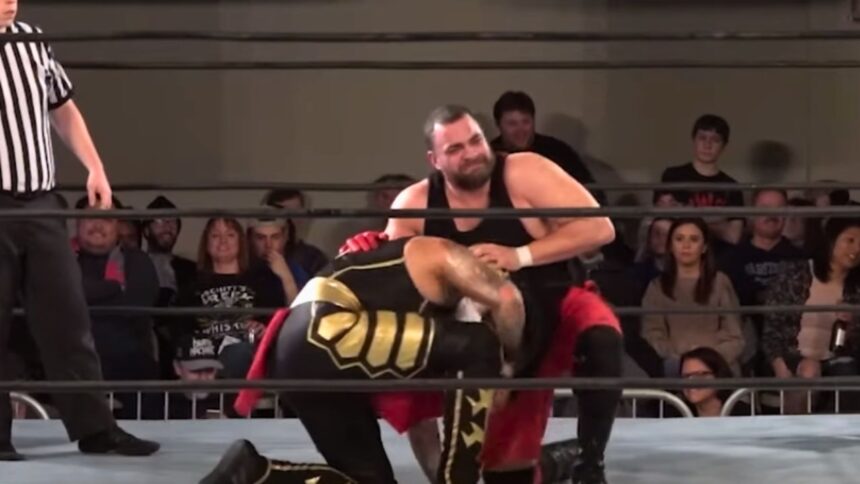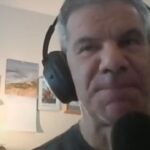In the wake of All Elite Wrestling’s recent wave of releases, seasoned wrestler Eddie Kingston has opened up about his heartfelt concern for those affected by the decision. On April 1st, news circulated that AEW had let go of 10 talents, a move that took many by surprise given the company’s history of not releasing talent unless due to gross misconduct.
Kingston, known for his passionate performances both inside and outside the ring, expressed his empathy for his fellow wrestlers who found themselves without a job. He emphasized the challenging nature of the wrestling industry, where uncertainty and instability are common, and offered words of support to those affected by the releases. Kingston’s candid remarks shed light on the emotional toll that such decisions can have on wrestlers and their families, highlighting the importance of compassion and solidarity within the wrestling community.
As the wrestling world grapples with the aftermath of AEW’s releases, Kingston’s words serve as a reminder of the human aspect behind the headlines. While the business side of wrestling often dictates tough decisions, it’s essential to acknowledge the impact on individuals whose livelihoods are affected. Kingston’s empathy and solidarity exemplify the spirit of camaraderie that defines the wrestling community, as wrestlers come together to support one another through both triumphs and challenges.
During an interview with Adrian Hernandez, Kingston expressed his deep sorrow over the situation, prioritizing the well-being of the individuals who lost their jobs over any other discourse, including comments made by fellow wrestler CM Punk.
In response to a question regarding Punk’s remarks made just hours before the releases were made public, Kingston redirected the focus to the individuals impacted by the decision. He emphasized his concern for talents like Dasha, Anthony Henry, Stu Grayson, and others who found themselves without employment. Kingston’s heartfelt words reflected his understanding of the gravity of losing one’s livelihood and the challenges that come with finding alternative means to support oneself and one’s family.
Regardless of his personal relationship with the released talents, Kingston expressed solidarity and empathy, acknowledging the inherent uncertainty and hardship they now face. He recognized the harsh reality of the wrestling business, where hiring and firing are commonplace, yet remained steadfast in his compassion for those affected.
In particular, Kingston highlighted his fondness for Dasha, expressing sadness at the prospect of no longer seeing her regularly and reminiscing about the joy she brought him each week. His poignant reflections underscored the human side of professional wrestling, where camaraderie and mutual support transcend the confines of the ring.
As the wrestling community grapples with the repercussions of these releases, Kingston’s words serve as a reminder of the importance of compassion and solidarity during challenging times.




